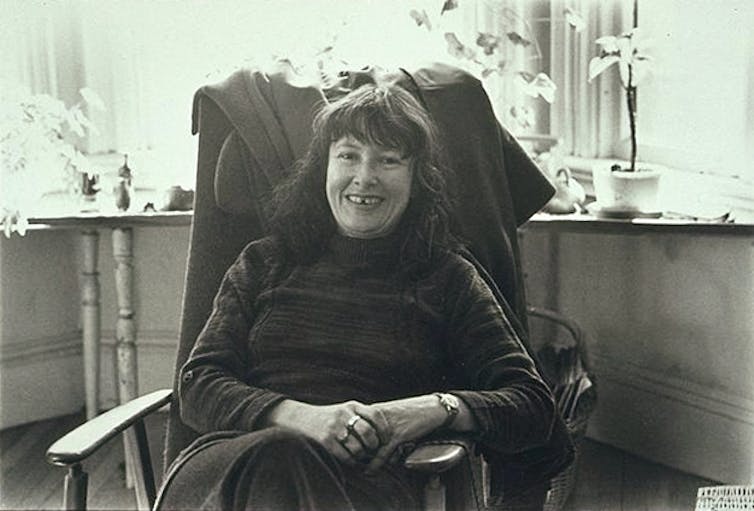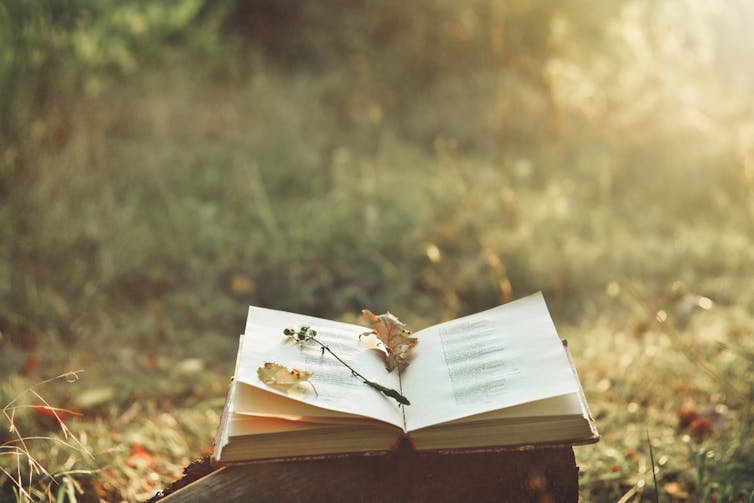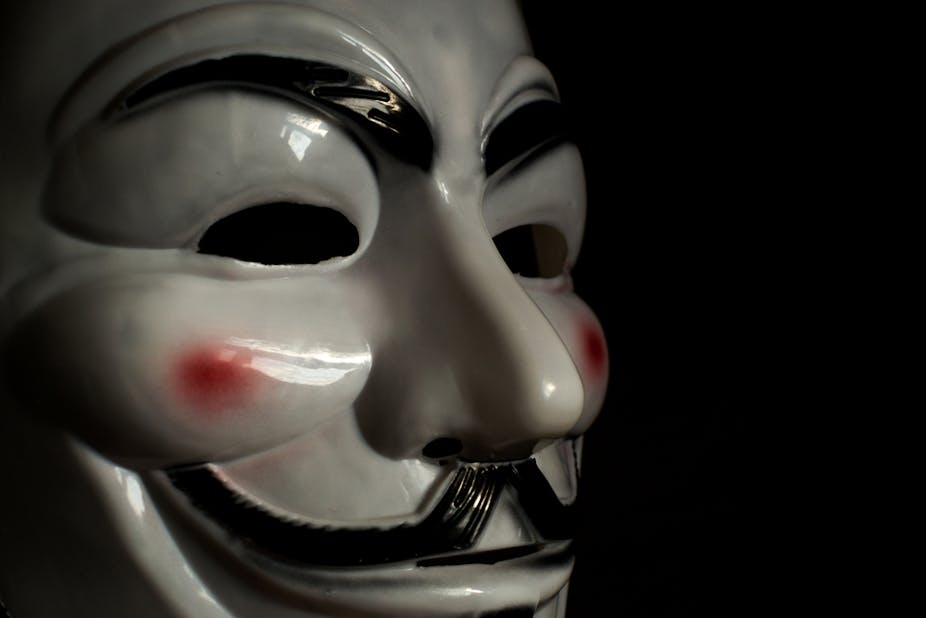Back in the liberal-compared-to-now days of the Ronald Reagan administration, a rapper named Brother D released a single that asked the question: “How we gonna make the black nation rise?” His answer – “agitate, educate, and organise” – if prescient then, seems overwhelmingly important now.
But Brother D could have added another word to his to-do list: “Versify”. Verse has a long history of resisting oppression and rallying opposition in the face of overwhelming odds. Here are five poets every protester should read.
1. Nikki Giovanni
Nikki Giovanni’s My Poem from 1968 is one of the key works of a group of young writers who came of age alongside the American civil rights movement. As demands for greater human rights and fewer governmental wrongs grew, the bloody violence that was meted out by the army and police saw an increasingly strident, anguished, and collective response in verse.
Giovanni (1943-) sums up the fear and the lack of privacy that any artist could encounter if they raised a voice in dissent. She states: “My phone is tapped, my mail is opened”, and laments that she’s “afraid to tell my roommate where I’m going / and scared to tell people if I’m coming”. The poem’s power lies in the defiant refrain that ends each of its five verses. Whatever the government or the poet herself may or may not do, Giovanni repeats the fact that “it won’t stop the revolution”.
2. Denise Levertov
Levertov (1923-1997) famously fell out with poet Robert Duncan over the best way to write political poetry. The issues that their argument raised were concerned with whether one should comment directly upon particular political issues or should write verse that engaged in a more abstract, less polemical manner. Of the two paths, Levertov took the former. Making Peace (1987) opens with a statement that affirms her desire to think through these problems:
The poets must give us / imagination of peace, to oust the intense, familiar / imagination of disaster. Peace not only / the absence of war.
As the poem continues, Levertov explores how poetry can make the world anew. She concludes with the hope that:
A cadence of peace might balance its weight / on that different fulcrum; peace, a presence, / an energy field more intense than war, / might pulse then, / stanza by stanza into the world, / each act of living / one of its words, each word / a vibration of light—facets / of the forming crystal.

3. Diane Di Prima
Di Prima’s Revolutionary Letters (1971) is one of the most powerful and thorough explorations ever written into the ways in which a poet can act to change the culture. Confident without being bombastic, confrontational and also compassionate, ecstatic as well as desperate, Di Prima brings the revolution home by initiating the change from home.
Kids, lovers, friends and opponents are all part of the struggle. One problem that political poets face is the question of how simple sloganeering can also be good poetry. Revolutionary Letters does this through giving the reader a domestic and particular world, written with a Beat poetics, within which is played out a very open and public politics. Revolutionary Letter #50 runs, in full:
As soon as we submit
to a system based on causality, linear time
we submit, again, to the old values, plunge again
into slavery. Be strong. We have the right to make
the universe we dream. No need to fear “science” grovelling
apology for things as they are, ALL POWER
TO JOY. which will remake the world.

4. Martin Carter
Carter’s poems locate their struggle in British-occupied Guyana in the 1950s. Poems of Resistance (1954) charts Carter’s growing political consciousness and his belief in the emancipation and empowerment of all oppressed people.
Carter (1927-1997) spent time in prison and time in government – a path that is far from unusual in 20th-century politics – and continued to write poems of rare humanity and power throughout his life. He is best known, however, for Poems of Resistance. I come from the Nigger Yard (1954) explores the circumstances of his life and traces his journey towards emancipation. It concludes:
I come to the world with scars on my soul
wounds on my body, fury in my hands
I turn to the histories of men and the lives of the peoples
I examine the shower of sparks, the wealth of dreams
I am pleased with the glories and sad with the sorrows
rich with the riches, poor with loss.
From the nigger yard of yesterday I come with my burden.
To the world of tomorrow I turn with my strength.
5. Nazim Hikmet
Hikmet (1902-1963), is a Turkish national hero, yet much of his life was spent in jail or in exile. A poet in the expansive, democratic mode of Walt Whitman and Vladimir Mayakovsky, Hikmet wrote tirelessly of the need to be free from any form of authority and about lives of the everyday people of Turkey. His poem about a child killed by the A-Bomb in Hiroshima is well-known in English as the song I Come and Stand at Every Door.
Hikmet was a courageous opponent of the mid-century Turkish government, and, in 1950, went on hunger strike to protest their record upon human rights. His constant question is: what should one do in the face of oppression? And his answer is: be ready to fight. In Some Advice to Those Who Will Serve Time in Prison he tells the world: “It’s not that you cannot pass / ten or fifteen years inside / and more— / you can, / as long as the jewel / on the left side of your chest doesn’t lose its luster!”
In fact, that’s the message of all five of these poets. Agitate, educate, and organise! Well, that and William Carlos Williams’ demand to fellow poets: “Write good poems!”

